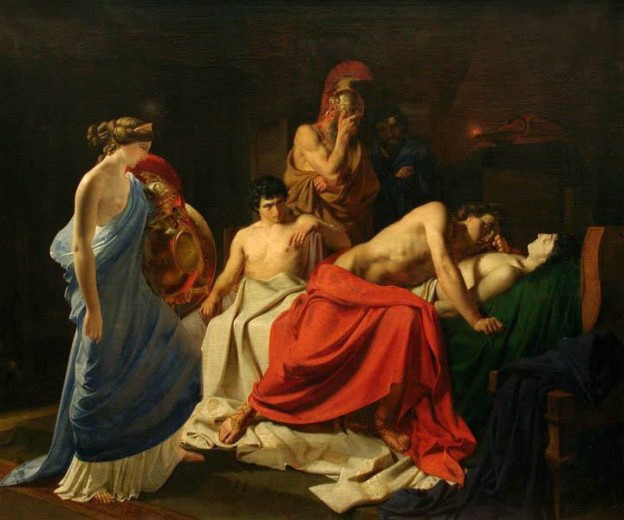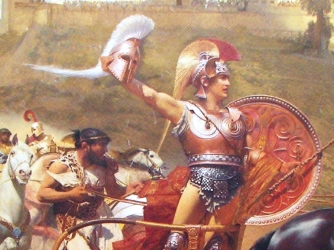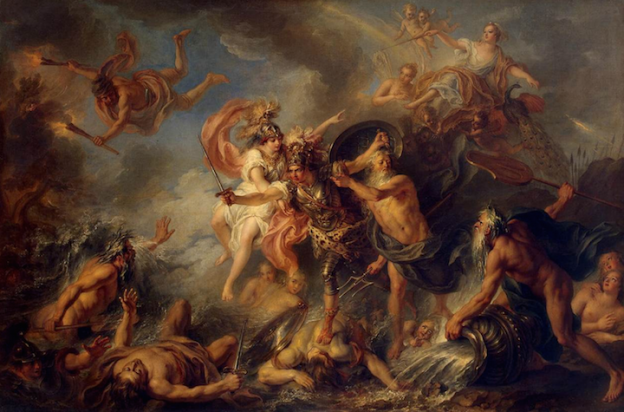The prologue, addressed to “you, fair beholders,” literally sets the stage for Shakespeare’s categorically ambiguous Troilus and Cressida (Prologue, 26). Provoking a meta- analysis (I see a trend), Shakespeare establishes the Trojan war and its hegemony among mythic tradition as outside fixed moral definition — for as the introduction tells it, “Like or find fault; do as your pleasures are;/ Now good or bad, ’tis but the chance of war” (Prologue, 30-31, italics mine).
Employed sixty times throughout the play, the word “fair” and its variable character and contextual usage punctures the canonized epic story with a dramatic instability that comes to define the entire play. Continue reading






